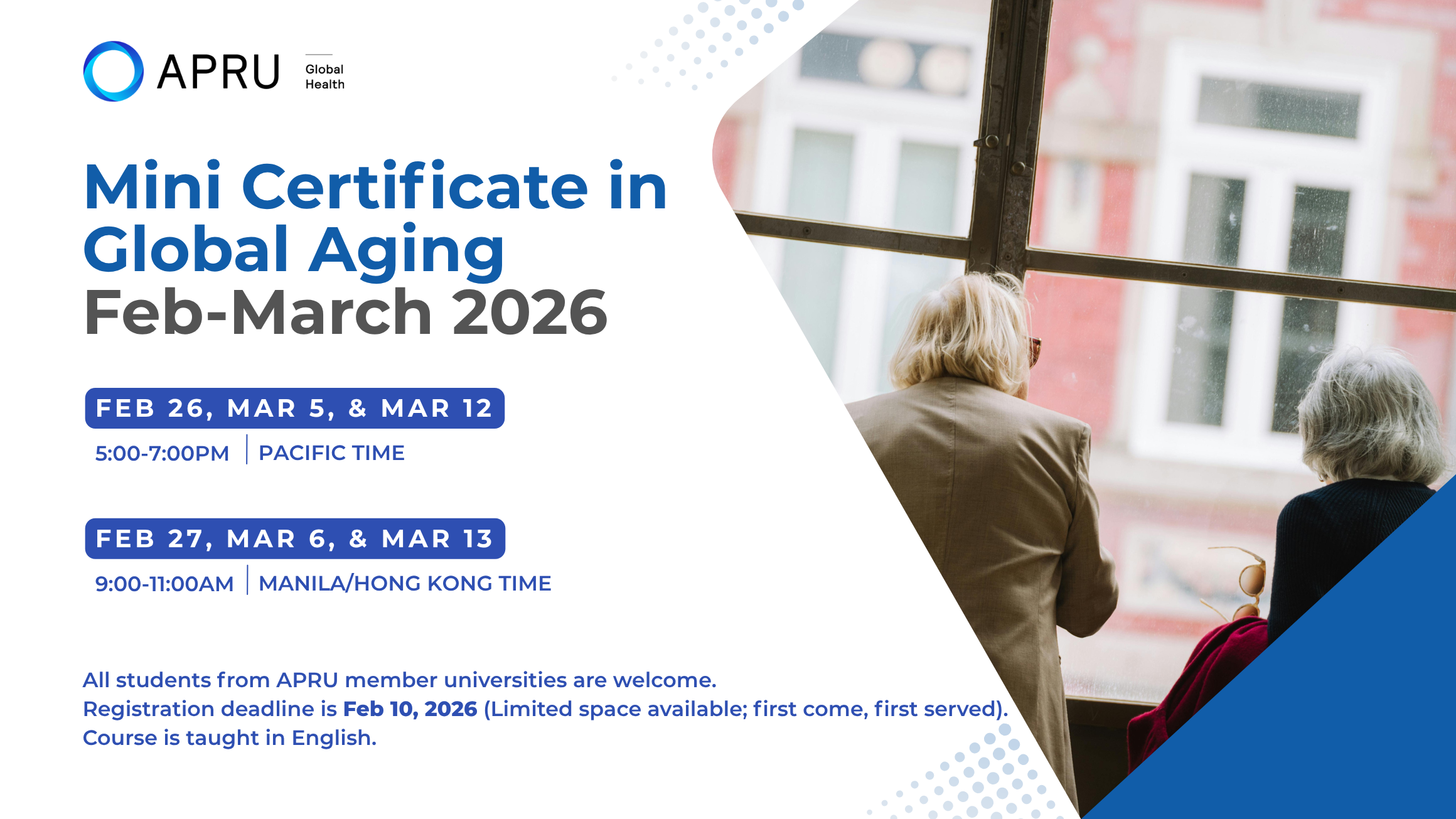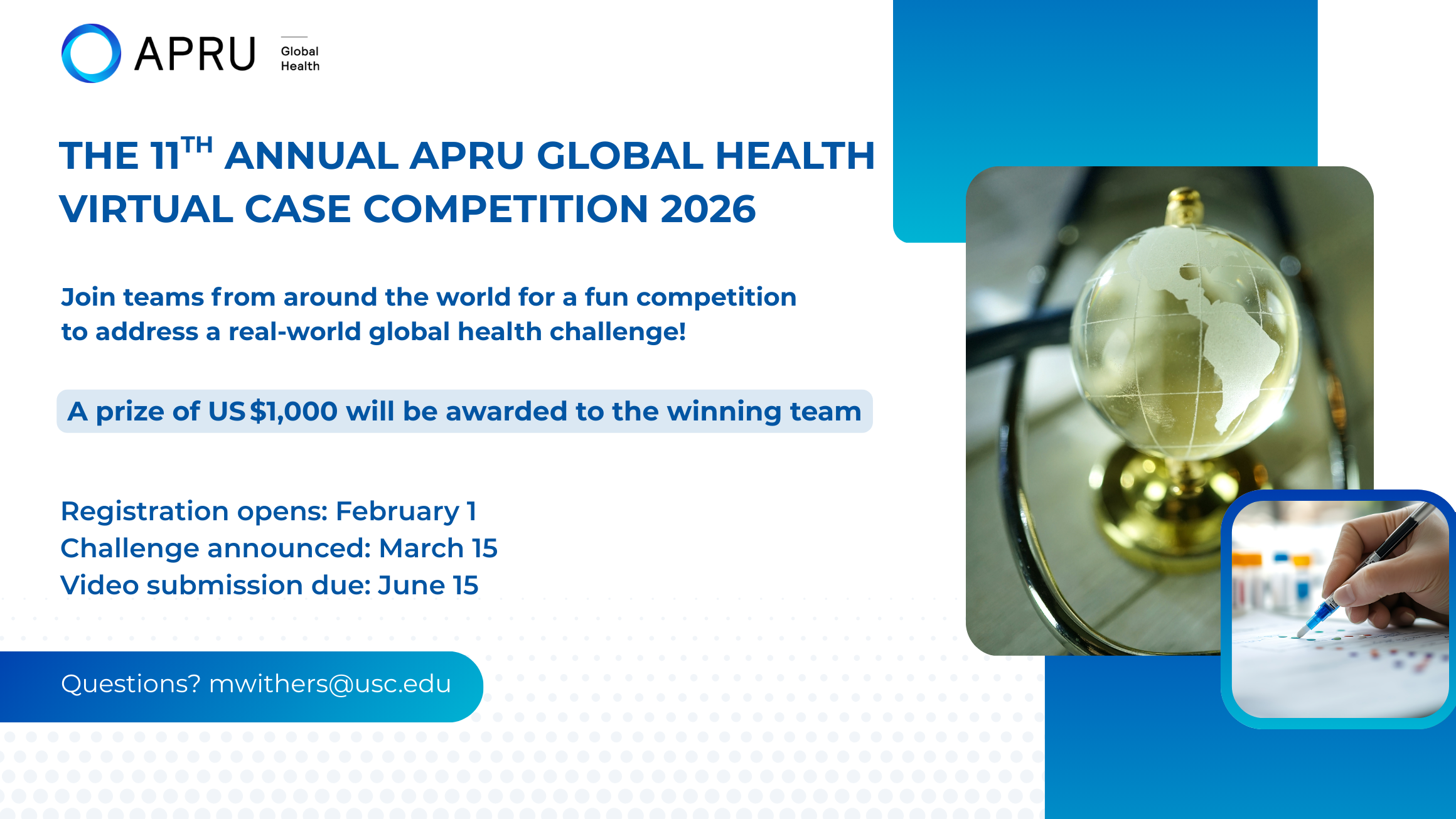[Open for Registration] Cornell & QMUL Experts for an Online Conversation on Peer Education

Online Interactive Conversation
How undergraduate peer educators support student belonging, learning, and gain criticalprofessional competencies
Date: Friday April 18th at 9:00 am EST (2:00 GMT)
Registration Link: https://cornell.zoom.us/meeting/register/Ld7kHJ5uSP-A16Yw_KKGTA
Registration Deadline: April 1st
You are invited to join the Online Interactive Conversation on Friday April 18th at 9:00 am EST (2:00 GMT) to share in an interactive conversation about peer education models and how they can be best implemented to increase student belonging, disciplinary learning, and professional competencies. Those interested in, or currently using, peer educators in teaching and learning roles will benefit from and enrich the conversation.
Facilitators Dr Faulkner and Dr. Evans are trained in, and work with students in, STEM disciplines. The tenets of effective peer education are quite universal, thus all partners interested in using peers in their education missions are encouraged to join!
Facilitator Bios:
Dr Sally Faulkner of Queen Mary University, London, is the Director of Education, and Reader in Conservation and Ecology. She is an integral member of QMUL’s Peer Led Team Learning (PLTL) advisory board and leads the research committee of the PLTL International Society. Sally guides the development of peer educators at QMU and is an advocate of student engagement, peer learning, and sense of community. Sally’s other disciplinary research focuses on Geographic profiling (GP) and its use in conservation biology. The aim of the research is to apply GP methods to ecological and conservation data sets, and develop the mathematics of the model to examine whether the combination of GP and GIS data can be used as a practical tool in the field to better inform conservation management plans.
Dr. Celia Evans of Cornell University is an Associate Director in the Office of Inclusive Excellence in the College of Engineering. Following two decades as a Professor of Ecology at a small experiential teaching college, Celia came to the College of Engineering to focus on research and practice of inclusive, evidence-supported teaching She and her team are primarily responsible for the development and outcomes assessment of peer educators and teaching assistants in the College. Celia is a Fulbright Scholar, has several teaching awards, and is currently on the U.S. Fulbright Specialist Roster for STEM education with a focus in engineering and peer learning. She is passionate about the value of peer and graduate students in significantly improving learning environments and learning outcomes, and the benefits of international collaborations for students, faculty and staff.
More about the event:
This is an invitation to engage in an online conversation in which we explore the transformative impact of peer educators. Research and our own experiences indicate that peer educators play a pivotal role in bridging students’ emotional and intellectual learning experiences. In doing so, they support students’ feeling of belonging, and build critical professional competencies. At large research institutions in the U.S. graduate and undergraduate students are increasingly involved in teaching roles, and thus enhancing their skills and professionalism has huge implications for student success. Key super-powers of trained peer educators include creating community and mentoring, facilitating small group collaboration, and deepening disciplinary learning for themselves and their students.
By the end of the interactive session, participants will be able to: Articulate the benefits of peer educators List some of the key aspects that support peer educator and student success in these learning spaces Consider different models of peer education and training that can work for your program, department, or institution.





